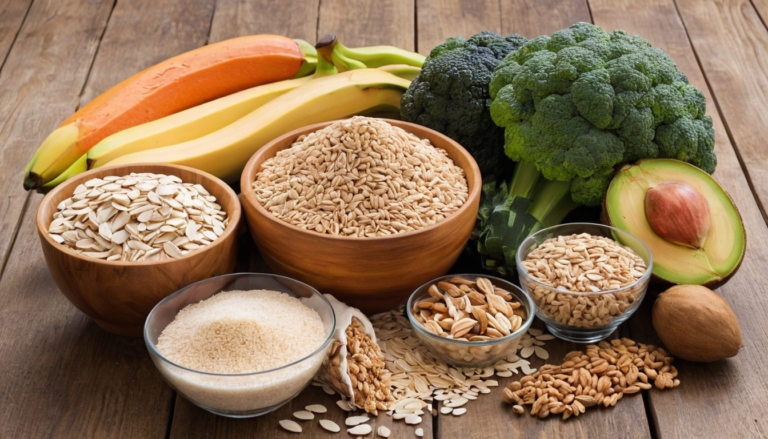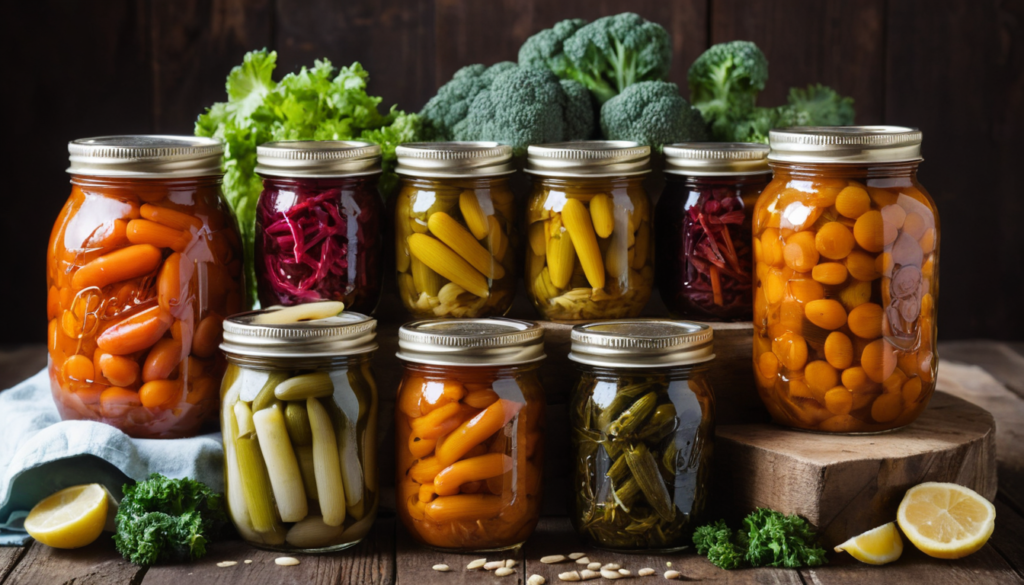Fiber is an essential part of a healthy diet, playing a crucial role in maintaining digestive health, regulating blood sugar levels, and even supporting heart health. Despite its importance, many people do not consume enough fiber daily. In this article, we will explore the benefits of fiber, the two types of fiber, recommended daily intake, and practical tips to boost your fiber intake naturally.
What is Fiber?
Fiber, often referred to as “roughage,” is a type of carbohydrate that the body cannot digest. Unlike other carbohydrates that are broken down into sugar molecules, fiber passes through the digestive system relatively intact. This unique property allows fiber to provide several health benefits.
The Benefits of Fiber
Incorporating fiber into your diet offers a range of health benefits:
- Improved Digestive Health: Fiber promotes regular bowel movements and prevents constipation by adding bulk to the stool.
- Weight Management: High-fiber foods tend to be more filling, which can help control appetite and reduce overall calorie intake.
- Blood Sugar Regulation: Soluble fiber slows the absorption of sugar, helping to improve blood sugar levels and reduce the risk of type 2 diabetes.
- Heart Health: Fiber may help lower cholesterol levels, reducing the risk of heart disease and stroke.
- Reduced Risk of Certain Cancers: A diet high in fiber, particularly from whole grains, fruits, and vegetables, may reduce the risk of colorectal cancer.
Types of Fiber
There are two primary types of dietary fiber: soluble and insoluble. Both play important roles in health.
Soluble Fiber
Soluble fiber dissolves in water and forms a gel-like substance in the intestines. This type of fiber can help lower cholesterol levels and stabilize blood sugar. Sources of soluble fiber include:
- Oats
- Beans and legumes
- Fruits (especially those with edible skins, like apples and pears)
- Barley
- Chia seeds and flaxseeds
Insoluble Fiber
Insoluble fiber does not dissolve in water and adds bulk to the stool, helping to promote regularity. Key sources of insoluble fiber include:
- Whole grains (such as whole wheat bread and brown rice)
- Nuts and seeds
- Vegetables (such as carrots, cucumbers, and zucchini)
- Potatoes (especially with the skin)
Recommended Daily Intake
The recommended daily intake of fiber varies by age and gender. The American Heart Association suggests the following:
- Women: 25 grams per day
- Men: 38 grams per day
Though many individuals may aim for around 14 grams of fiber for every 1,000 calories consumed. Since most Americans fall short of these recommendations, integrating more fiber-rich foods into daily meals can be beneficial.
How to Boost Your Fiber Intake Naturally
Here are some practical and delicious ways to increase your fiber intake without much effort:
1. Start Your Day with a High-Fiber Breakfast
Choose breakfast cereals that are high in fiber (look for cereals with at least 5 grams per serving). You can also add fruits like bananas or berries to your morning oatmeal or smoothies.
2. Snack Smart
Instead of reaching for chips or cookies, try snacking on raw vegetables, fruits, or a handful of nuts. For example, carrots, celery with peanut butter, or apple slices can be great, fiber-rich snacks.
3. Incorporate Legumes into Your Meals
Add beans, lentils, or chickpeas to salads, soups, and stews. These are not only excellent sources of fiber but also protein and other essential nutrients.
4. Choose Whole Grains
Opt for whole grain breads, pasta, and rice instead of their white counterparts. Whole grains retain their bran and germ, which are rich in fiber and nutrients.
5. Add Vegetables to Every Meal
Fill half your plate with vegetables at lunch and dinner. Try roasting or steaming vegetables for added flavor, or tossing them into stir-fries and casseroles for extra fiber.
6. Don’t Forget about Fruits
Fruits are not only delicious but are a natural source of fiber. Keep the skins on when possible, as they contain additional fiber. Berries, pears, apples, and citrus fruits are excellent choices.
Conclusion
Incorporating more fiber into your diet is not only essential for your digestive health but also offers various benefits for overall health and well-being. By choosing natural, fiber-rich foods and making simple changes in your eating habits, you can easily increase your intake. Make fiber a priority and enjoy the health benefits that come with it!



